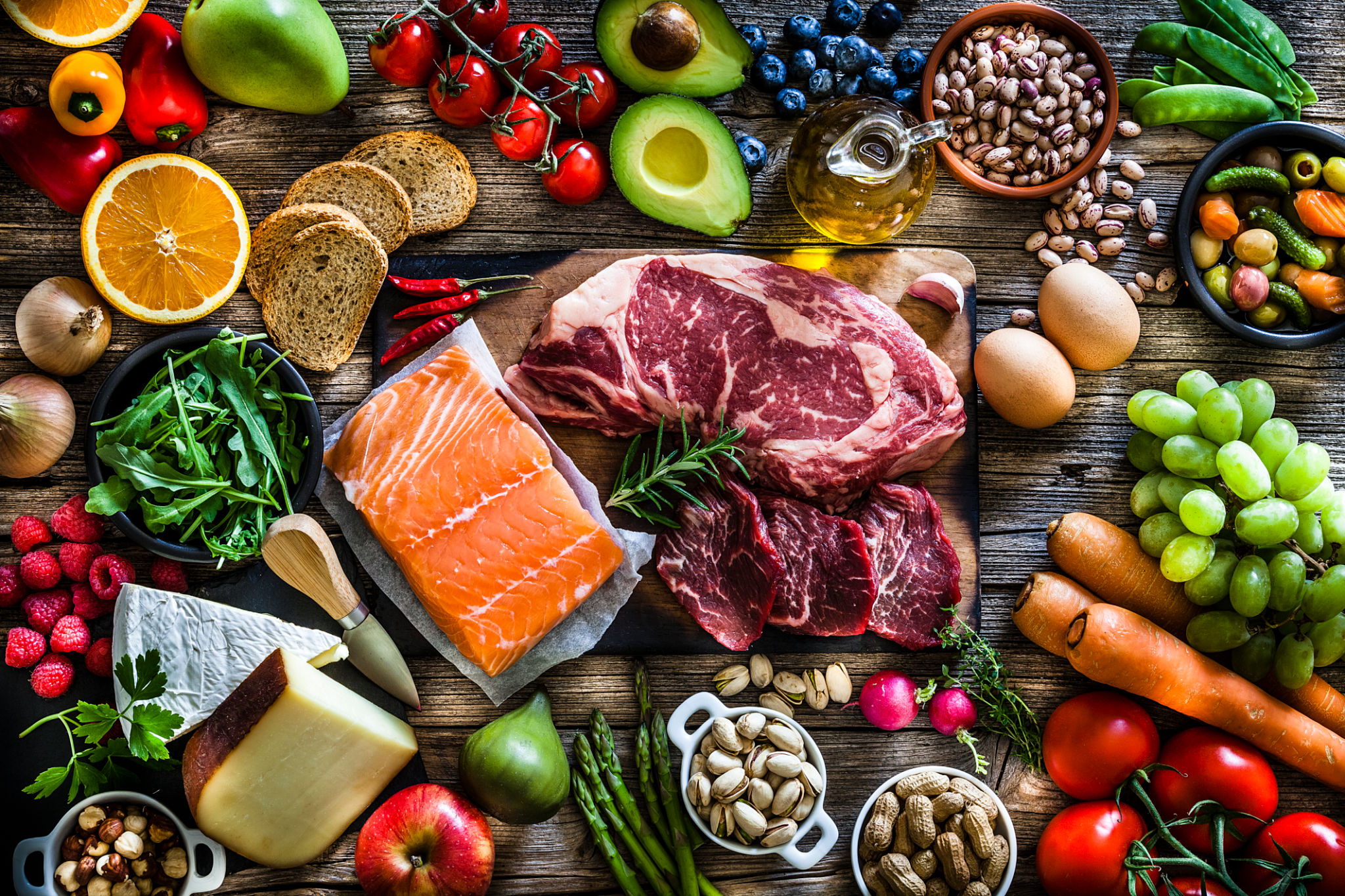Essential Cooking Tips Every Home Chef Should Know
Mastering the Basics
Every great chef starts with a solid foundation in basic cooking techniques. Whether you're a novice cook or someone looking to refine your skills, mastering the basics is essential. Start by learning how to properly chop, dice, and mince ingredients. Not only will this improve your efficiency in the kitchen, but it will also ensure even cooking.
Understanding heat control is another fundamental skill. Whether you're sautéing vegetables or simmering a sauce, knowing when to increase or decrease the heat can make a significant difference in the outcome of your dish. Practice makes perfect, so don't be afraid to experiment with different heat levels.

Seasoning Like a Pro
Proper seasoning can elevate a dish from good to great. One of the most common mistakes home chefs make is under-seasoning their food. Salt is a powerful flavor enhancer, but use it judiciously. Taste your food as you cook and adjust seasoning incrementally.
Herbs and spices are your best friends in the kitchen. Fresh herbs like basil, cilantro, and parsley add vibrant flavor and aroma, while spices such as cumin, paprika, and turmeric can add depth and warmth to your dishes. Remember that fresh herbs are usually added towards the end of cooking to maintain their flavors, while dried herbs and spices can be added earlier.
The Importance of Quality Ingredients
The quality of your ingredients directly impacts the final product. Whenever possible, opt for fresh, seasonal produce and high-quality proteins. Not only do these ingredients taste better, but they also provide more nutrients.

When shopping for ingredients, take the time to select the best options available. Look for vibrant colors in fruits and vegetables and check for any blemishes or signs of spoilage. For meat and seafood, consult with your butcher or fishmonger to ensure you're getting the freshest selection.
Perfecting Cooking Techniques
Diverse cooking techniques can bring out different flavors and textures in food. For instance, roasting vegetables can enhance their natural sweetness, while grilling imparts a smoky flavor. Experiment with different methods such as steaming, braising, and baking to expand your culinary repertoire.

Don't forget about presentation! The way a dish looks can influence how it's perceived. Take the time to plate your food nicely. Use contrasting colors and textures to make your dishes visually appealing.
Time Management in the Kitchen
Effective time management is key to a stress-free cooking experience. Start by prepping all your ingredients before you begin cooking. This technique, known as mise en place, ensures that everything is ready when you need it, reducing last-minute scrambling.
Plan your meals in advance and create a timeline for each dish. Prioritize tasks that take longer to complete and multitask when possible. For example, while your sauce simmers, you can prepare a salad or set the table.

By incorporating these essential cooking tips into your routine, you'll enhance your skills and enjoy more success in the kitchen. Remember, practice makes perfect, so keep experimenting and learning as you go!